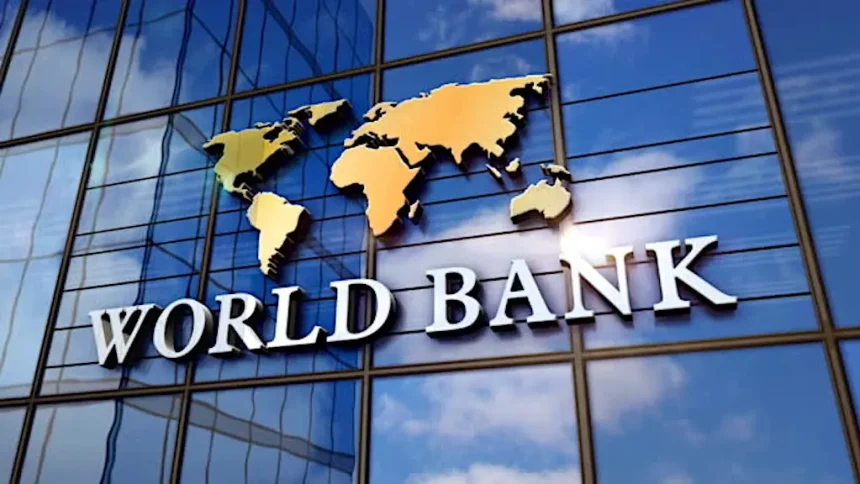Nigeria will forfeit $10 million from a World Bank loan after failing to meet key project goals. The lost money was part of a $103 million package designed to improve the country’s financial management system.
The loan came from the International Development Association, a branch of the World Bank that gives credit to developing countries.
The Federal Ministry of Finance confirmed that it asked the World Bank to cancel $9.5 million tied to unmet goals and another $0.9 million left unused. Nigeria was expected to complete several tasks, but it fell short on many
One key failure was a $4 million audit of two major agencies the Federal Inland Revenue Service and Nigeria Customs Service. The audit was poorly done and didn’t meet global standards. The country also failed to launch a National Budget Portal, which had a $1 million budget. No proof of progress was submitted.
Another project that failed was the Revenue Assurance and Billing System. This system was meant to track foreign income from government agencies and send the money directly to the national treasury. Only 27 out of 55 agencies set up the needed accounts. The process to move the funds automatically was not in place. Contract issues and delays from the Central Bank also slowed progress.
Because of these setbacks, the system won’t be ready until August 2025. But the loan program ends in June. So the country can’t use the money even if the project is finished later.
Despite the problems, the World Bank said Nigeria made some progress. The country improved its non-oil income, reaching 153% of its 2024 target. This growth came from exchange rate changes and better digital tax systems like TaxProMax. Nigeria also published more public finance data than expected.
But capital projects were slow. The government only used 50% of the funds for construction and infrastructure, far below the 65% goal. The World Bank rated the monitoring of the project as “moderately unsatisfactory.

So far, Nigeria has used $96.04 million of the $103 million loan. The remaining $10 million is lost. At today’s exchange rate, that’s about ₦15.77 billion. That money could have funded 40 primary health care centres, 300 boreholes, or 500 electricity transformers for underserved communities. A single health centre costs ₦120 million. A borehole is about ₦20 million, and a transformer is around ₦10 million.
While losing this money, Nigeria is also working on a new project. The government has pledged $50 million to the Nigeria Wholesale Impact Investment Fund. It aims to grow the fund to $100 million and support businesses in farming, technology, and public works.
At a recent meeting in Abuja, Finance Minister Wale Edun said the goal is to create jobs and grow the economy. The fund will also work with the African Development Bank to help young business owners. Edun promised that the money would be used with full transparency and clear results.
Still, many experts worry. Economist Joseph Momoh said the problem is that Nigeria reacts too late. He believes the country fails to meet simple requirements that would unlock more funds. “We knew what was expected,” he said. “If we had met the deadlines, this money could have changed lives.”
The lost $10 million shows how poor planning and late action can cost the country badly. If Nigeria wants progress, it must act sooner and follow through.



